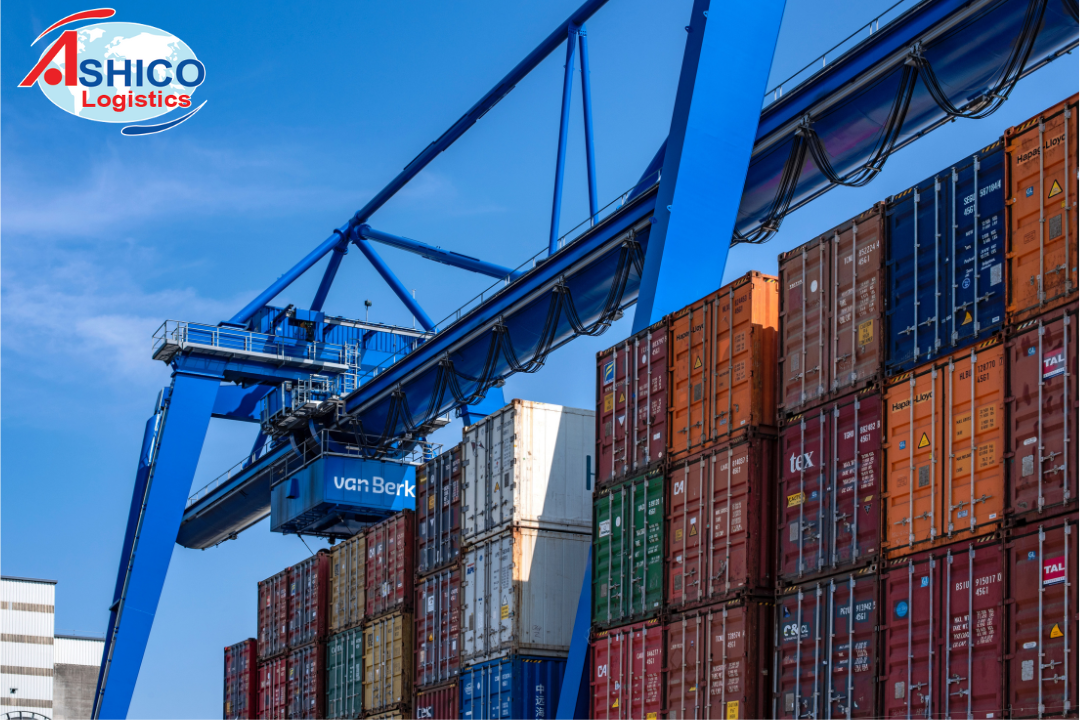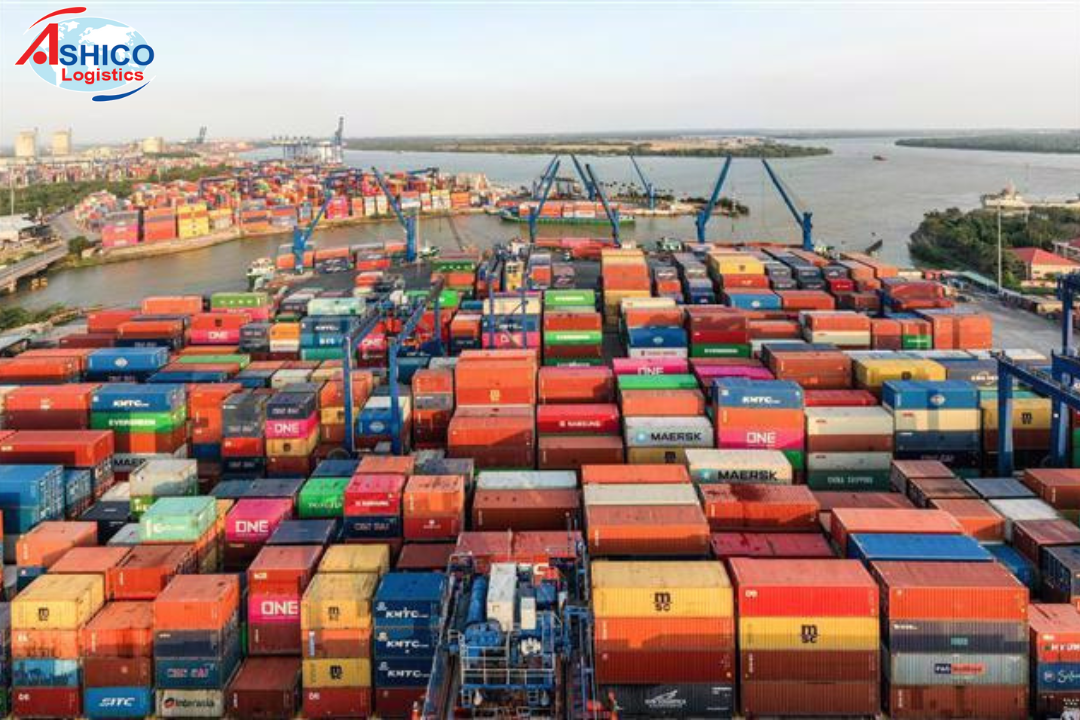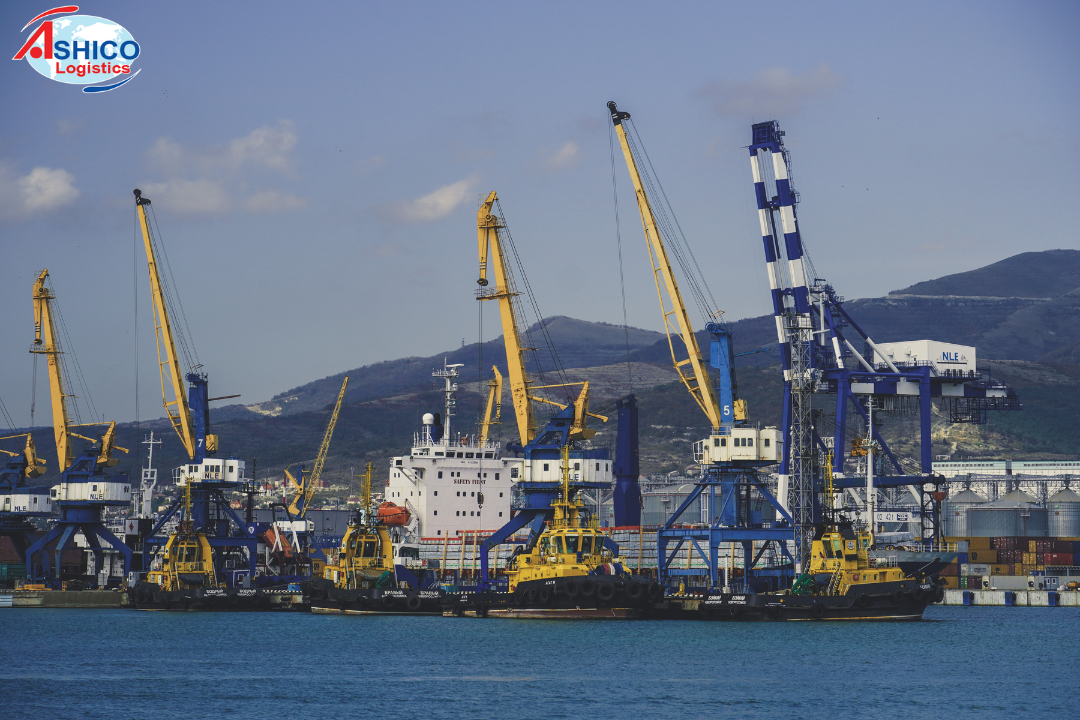Maritime Dictionary
- Agency Agreement
A contract in which a principal authorizes an agent to perform certain specified work on his or her behalf. After that, the agent receives an amount of remuneration called an agency commission.
- Agency Fees
The amount of remuneration that the ship owner pays the shipping agent for the services performed while the ship is operating at the port: Checking in and out of the port, contacting and monitoring the loading and unloading of goods.
- Air waybill
The forwarding agreement or carrying agreement between shipper and air carrier and is issued only in non-negotiable form.
- Air freight
The transfer and shipment of goods via an air carrier, which may be charter or commercial. Goods transported by air also have the advantage of high-speed, time-sensitive shipments to anywhere in the world, serving invaluable to smaller and mid-sized companies as it allows them to participate in international trade in an expeditious and effective manner. Furthermore, air freight offers the highest level of security as airport controls regulate and manage all cargo entering and leaving certain areas.
- All in rate
The total price to move cargo from origin to destination, inclusive of all charges.
- Alongside
A phrase referring to the side of a ship. Goods delivered "alongside" are to be placed on the dock or barge within reach of the transport ship´s tackle so that they can be loaded.
- All Risks (A.R.)
Refers to insurance coverage that automatically covers any risk that the contract does not explicitly omit.
- Antedated Bill of Lading
A backlog of the bill of lading is normally required by the shipper in response to the delivery time specified in the contract of sale or the validity period of the letter of credit. It has been condemned by international arbitrations and courts as dishonest and fraudulent and can therefore have disastrous consequences for the exporter delivering the goods as well as the carrier who has signed the bill of lading back.
- As Agent only
This term is noted under the signature to prove that the person signing the document (Example: Bill of lading, air waybill, charter party, etc...) is authorized by another person to perform or confirm something or something and has limited liability to the extent of such authorization.
- Assurer /Insurer
As the recipient of insurance for the benefits of customers (the Insured) under the rules and conditions of insurance, have the right to collect premiums and at the same time responsible for indemnification for losses due to the insured perils. caused to the subject-matter insured.
- Assured /Insured
The term is used to refer to the person who has his or her own interests to be insured (Cargo, ship, other property...) and not the insured person himself (Except life insurance).
- Amendment fee
This is the fee that applies when editing the BL is required. When issuing a BL to the shipper, for some reason it is necessary to edit some details on the BL but the shipper has taken the bill or the editing time is over. If the shipper asks the shipping line/forwarder to edit the bill, the editing fee will be charged
- Bill of lading (B/L)
A document that establishes the terms of a contract between a shipper and a transportation company. It serves as a document of title, a contract of carriage, and a receipt for goods.
- Bank Guarantee
For example, a guarantee issued by a bank to a carrier to be used in lieu of a lost or misplaced original negotiable bill of lading.
- Bonded Warehouse or Bonded Store
A warehouse authorized by Customs authorities for storage of goods on which payment of duties is deferred until the goods are removed.
- Booking note
Arrangements with a carrier for the acceptance and carriage of freight; i.e., a space reservation.
- Bulk Cargo
Commodity cargo that is transported unpackaged in large quantities.
- Bulker Adjustment Factor /BAF
An additional charge is levied on the shippers to compensate for fluctuations in the price of the ship’s fuel. Also referred to as bunker surcharge, it is tied to the price of Brent crude oil, a major benchmark for worldwide oil prices.
- Cargo
Cargo means goods or products being transported from one place to another by ships, railway freight services, or other transportation ways. In the very beginning, cargo means goods loaded on the ship. Nowadays, it describes all types of goods, not limited to ship.
- Carrier
Any person or entity who, in a contract of carriage, undertakes to perform or to procure the performance of carriage by rail, road, sea, air, inland waterway, or by a combination of such modes.
- CBM
Abbreviation for "Cubic Meter".
- Consolidator
A company specializing in combining cargo shipments from multiple shippers into full container loads. The company can support the shippers by providing them with a cost-effective strategy to transport cargo globally.
- Certificate of origin (C/O)
A certified document showing the origin of goods; used in international commerce.
- Commercial Invoice
Represents a complete record of the transaction between exporter and importer regarding the goods sold. Also reports the content of the shipment and serves as the basis for all other documents about the shipment.
- Charter party
A written contract between the owner of a vessel and the person desiring to employ the vessel (charterer); sets forth the terms of the arrangement such as the duration of the agreement, freight rate, and ports involved in the trip.
- Chartering broker
The Chartering Broker acts as an intermediary between charterers and cargo owners and is responsible for arranging the best possible deal for cargo rates. He/She monitors freight, ship hire, and cargo rates and analyses report on sales and freight earnings to monitor the business's key performance indicators and results. He/She ensures that all deals are in compliance with legal and regulatory compliance.
- CFS
Abbreviation for "Container Freight Station". A shipping dock where cargo is loaded ("stuffed") into or unloaded ("stripped") from containers. Generally, this involves less than container load shipments, although small shipments destined to the same consignee are often consolidated. Container reloading from/to rail or motor carrier equipment is a typical activity. Warehouse/ Container Freight Station
- Freight forwarder
A person whose business is to act as an agent on behalf of the shipper. A freight forwarder frequently makes the booking reservation.
- Export Licences/ Import Licences
An administrative procedure, requiring traders to submit applications or documents on the import and export of goods to the relevant administrative management agency.
- House Bill of Lading
A document issued by a freight forwarder or a non-vessel operating company (NVOCC) to a shipper to acknowledge receipt of their items for shipment. In other words, it's a receipt for the goods.
- Letter of credit (L/C)
A document, issued by a bank per instructions by a buyer of goods, authorizing the seller to draw a specified sum of money under specified terms, usually the receipt by the bank of certain documents within a given time.
- Master Bill of Lading
A Master Bill of Lading is issued by the carrier (ship owner or operator) and represents the contract of carriage between the shipper and the carrier. It's important to note that the cargo shipper will only receive a Master Bill of Lading if they are working directly with a mainline carrier or a freight forwarder.
- Packing list
Itemized list of commodities with marks/numbers but no cost values indicated.
- Sales contract
An import-export contract or a foreign trade sale and purchase contract is an agreement between the involved parties having their business offices in different countries, whereby one party called the exporter (the Seller) is obliged to transfer into the ownership of another party called the importer (the Buyer) of a certain asset, called the goods; Buyer is obliged to receive the goods and pay for the goods.
- Shipper
The person or company who is usually the supplier or owner of commodities shipped. also called Consignor.
- Shipping agent
The party is representing the ship’s owner and charterer (the principal) in port. The shipping agent is responsible for arranging a berth, all required port, and husbandry services, looking after the needs of the Master and crew, clearing the ship with the port and other authorities, preparing, and submission of appropriate documentation, along with releasing or receiving cargo on behalf of the principal.
- Shipment
An amount of a particular kind of cargo that is sent to another country on a ship, train, airplane, or another vehicle.
- Stevedore
Individual or firm that employs longshoremen and who contracts to load or unload the ship.
- TEU (Twenty-foot Equivalent Unit)
- Transship
To transfer goods from one transportation line to another, or from one ship to another.
- Unloading
Removal of a shipment from a vessel.







